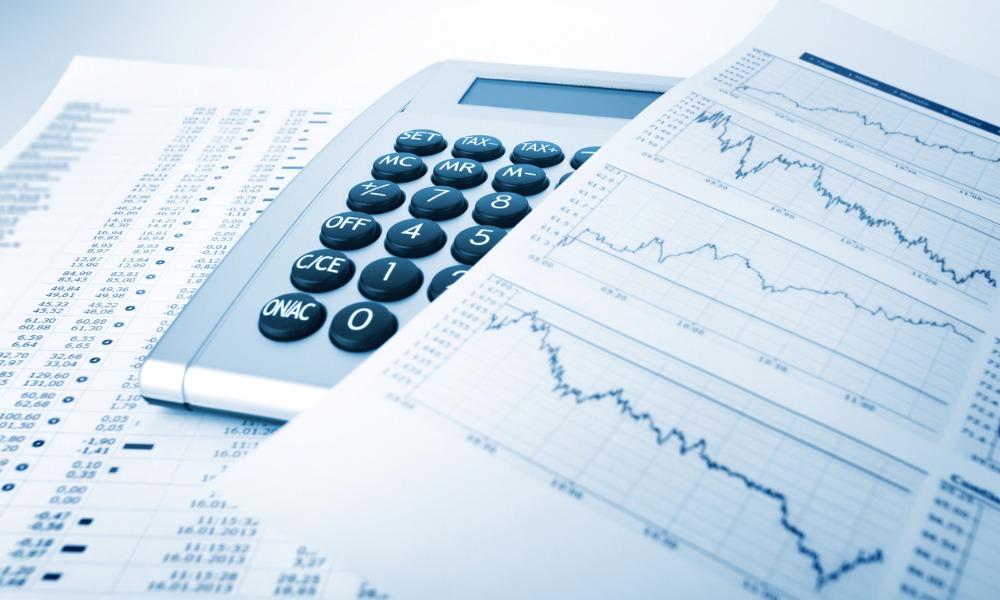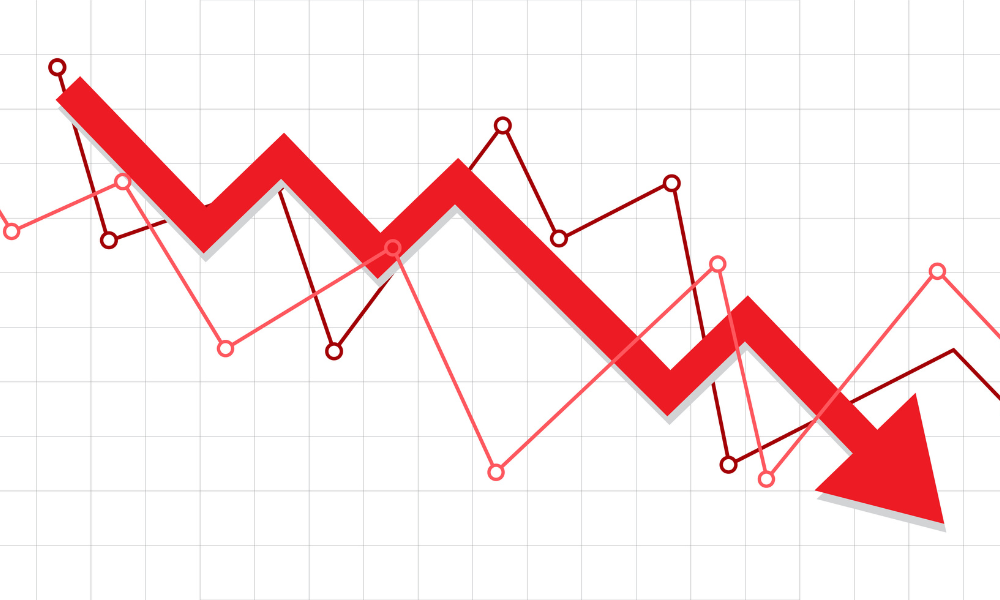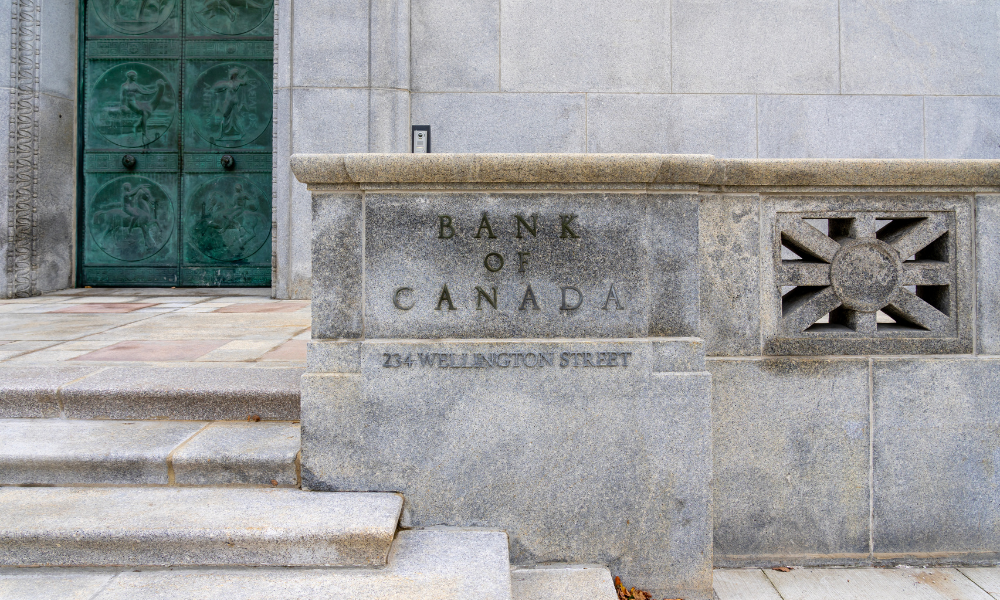PBO projects revenue rise from new capital gains tax, but critics warn of middle-class impact

The Parliamentary Budget Officer (PBO) forecasts a $17.4bn increase in income tax revenues from 2024-25 to 2028-29 due to a new federal policy, according to Financial Post.
This policy, introduced in Budget 2024 and effective June 25, raises the capital gains inclusion rate for corporations and trusts from one-half to two-thirds and applies the same rate for individuals on annual gains over $250,000.
The adjustment increases the taxable portion of profits from the sale of capital assets. In a report released on August 1, the PBO indicated that the additional revenue would significantly improve the federal budgetary balance over the next five years.
However, opponents of the tax policy challenge the PBO’s estimates and argue that the additional revenues come at too high a cost. The Montreal Economic Institute (MEI) analysis estimates the new capital gains taxes will bring in nearly $2bn less than expected and harm entrepreneurs and the middle class.
Emmanuelle Faubert, an economist at the MEI, stated that the tax increase led to a “fire sale” of assets before the policy took effect, causing an unusually high revenue spike in the first year that will not be sustained in subsequent years.
“This tax increase will never again bring in as much revenue as it will its first year, as it reduces the incentive to invest in our startups,” Faubert said in a MEI press release.
The PBO report estimates the federal government will collect $5bn in additional revenue for 2024-25, the highest projected tax intake in the five-year period.
Despite this, the projection falls short of the Department of Finance’s previous estimate. Faubert emphasized the tax’s negative impact on corporate investment, especially for startups.
“This tax increase is changing investor behaviour, with the risk that startup capital will be tied up in the same projects for longer,” she said. “By slowing down the investment cycle, this reduces the number of projects financed and ultimately limits growth opportunities for our entrepreneurs.”
A MEI-Ipsos poll reflects these concerns, with six out of ten Canadians fearing the tax increase will negatively impact the economy. Additionally, seven out of ten respondents believe the higher inclusion rate will affect the middle class.



